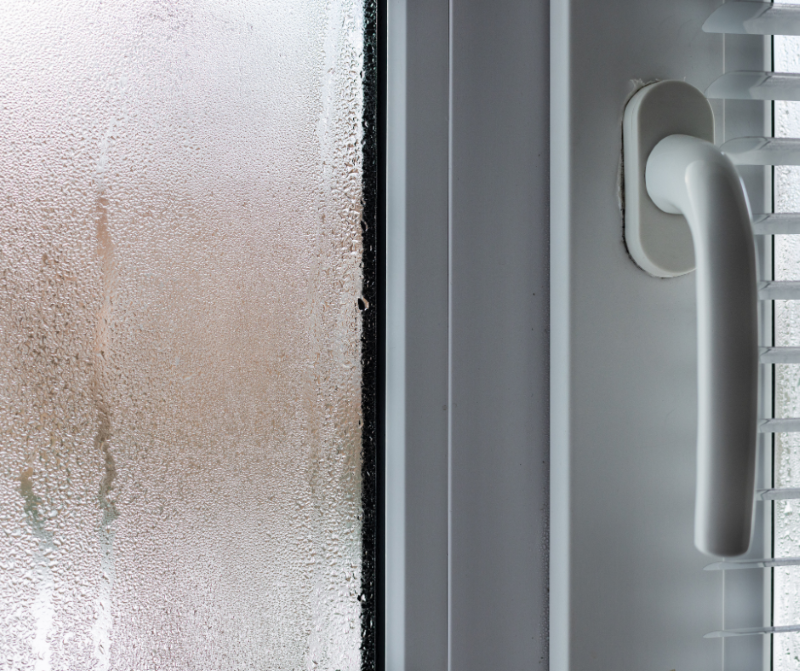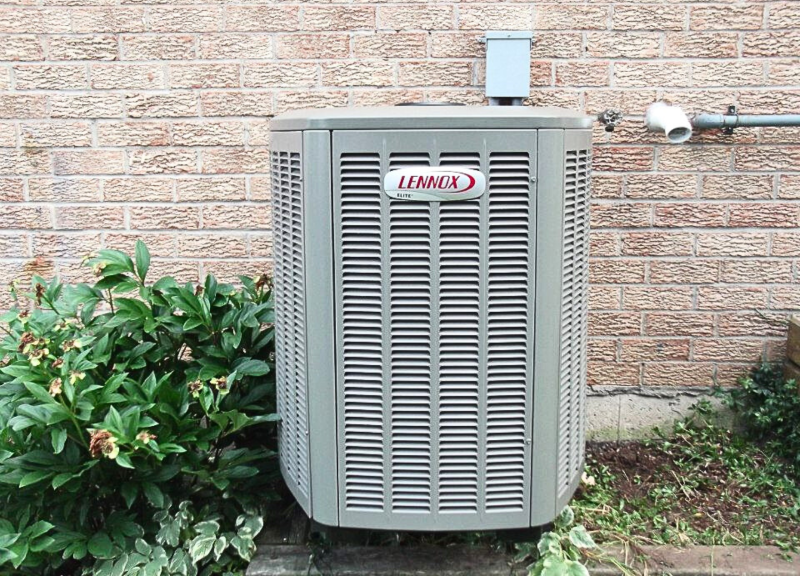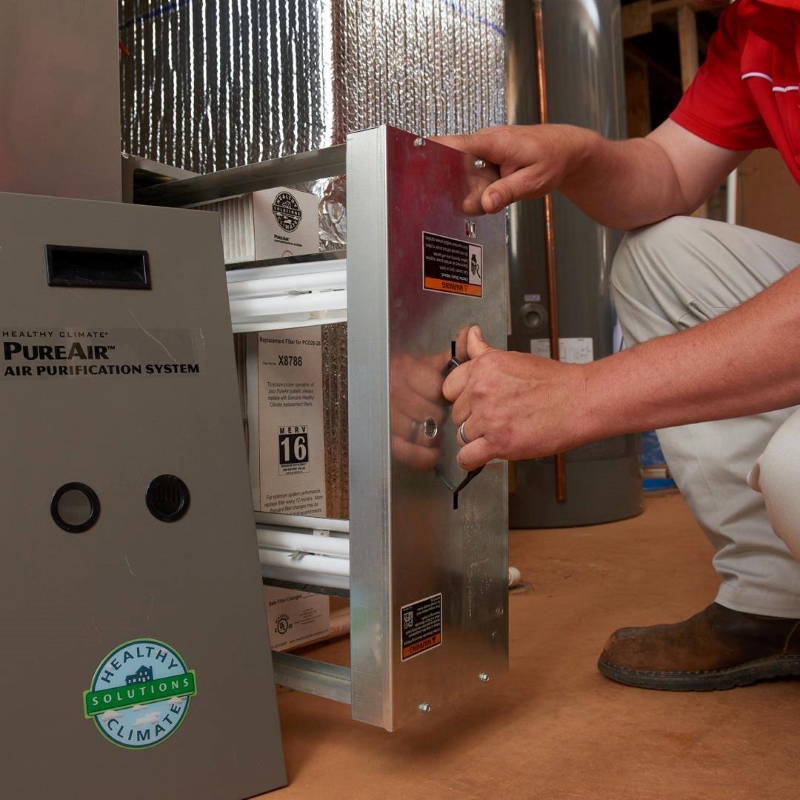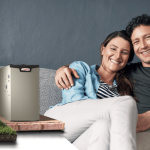How To Solve Heat, Humidity, and Indoor Air Quality Issues
Are you feeling uncomfortable in your own home as we transition from spring to summer in Ontario? Do you notice that the air inside your home feels sticky and humid? Are your clothes damp or have a musty odor? As the temperature and indoor humidity levels rise, these issues become more common, and they can make it challenging to spend time indoors or get a good night’s rest.
Don’t sweat it, we’re here to help keep your home at a comfortable temperature and humidity level, with improved air quality. Continue reading to find out how these three elements work together, and how having the right HVAC system for your home will keep you cool and comfortable.
The Effects of Humidity on Home Comfort and Indoor Air Quality
Humidity refers to the amount of water vapour in the air. High home humidity levels will promote mould growth, allergies, and other indoor air contaminants. Humidity can cause flaking paint, ceiling stains, and condensation on windows. It can also make it difficult to regulate indoor temperatures, leading to discomfort and energy inefficiency.
On the flip side, when the air in your home is too dry, it can cause negative health effects such as itchy or dry skin, and can cause the moisture content in wooden objects, such as furniture or flooring, to decrease. This can cause the wood to contract, which can lead to warping or cracking. It’s important to maintain a consistent level of humidity in your home, ideally between 30-50%.
To minimize humidity levels in your home quickly, try:
- Using bathroom and kitchen fans
- Fixing any dripping taps or leaks
- Applying weatherstripping around your doors and windows
- Drying your laundry outside
These actions can help to lower humidity levels in your home quickly, but they may not work as a long-term solution.
How The Right HVAC System Can Help Reduce Humidity
The right HVAC system can help with heat and humidity in the long-term by effectively regulating the temperature and humidity levels, removing excess moisture from the air, and utilizing specialized features to control humidity levels.
Air Conditioning
If you’re struggling with heat and humidity in your home, installing an air conditioner will provide significant relief. Air conditioners work by removing heat and moisture from the air, which will make your home feel more comfortable. There are several types of air conditioners to choose from, including:
Central AC Systems: These are the most common type of air conditioner and are ideal for larger homes. They work by distributing cool air throughout your home via ducts using the fan from your furnace or air handler.
Ductless Mini-Split Systems: These are ideal for smaller homes or spaces where ductwork isn’t possible. They consist of an outdoor unit and one or more indoor units, which are mounted on the wall and connected by refrigerant lines.
Air Source Heat Pumps: These can provide cooling, but they work differently than traditional AC systems. Air source heat pumps are capable of both heating and cooling your home, making them a versatile option. They work by transferring heat between your home and the outdoor environment.
If you’re unsure which option is best for your home, it’s always a good idea to reach out to our team for a no-obligation quote. We can assess your needs and lifestyle, and recommend the best system for you.
Air Purifiers
(Image Source: Lennox)
Air purifiers work by removing pollutants and allergens from the air, such as dust, pet dander, and mould spores, which contribute to poor indoor air quality.
Using HVAC Systems and Air Purifiers Together
(Image Source: Lennox)
In a 2022 Lennox Industries Survey, three in five homeowners said they spend about 12 or more hours inside their home on a typical day. Wouldn’t you want those 12+ hours to be comfortable?
When used together, an air purifier will complement an air conditioner in creating an optimal home environment that addresses temperature, humidity, and air quality concerns.
A whole-house air filter or air purifier is a highly effective way to improve indoor air quality throughout the entire home. These systems are a seamless addition to your HVAC system. They work by capturing and removing pollutants and particles from the air that flows through your home’s ductwork.
Unlike a portable air purifier, which only cleans the air in the room where it’s placed, a whole-house air purifier ensures that every room in your home has cleaner, healthier air. These systems come in a variety of types and sizes, ranging from basic air filters to more advanced electronic air purifiers that use ionization and UV light to kill viruses and bacteria.
Getting Your HVAC System Summer-Ready
If you already have air conditioning or air filtration as part of your HVAC system, make sure everything is in top shape for summer by scheduling professional inspections and cleanings. Our maintenance and service options can help prevent breakdowns and prolong the life of these systems.
If you are without air conditioning and air filtration, or if it’s time for a system upgrade, we’re here to help. Reach out today to speak with one of our experts about what will work best for your home. We can make summer more comfortable for you!









